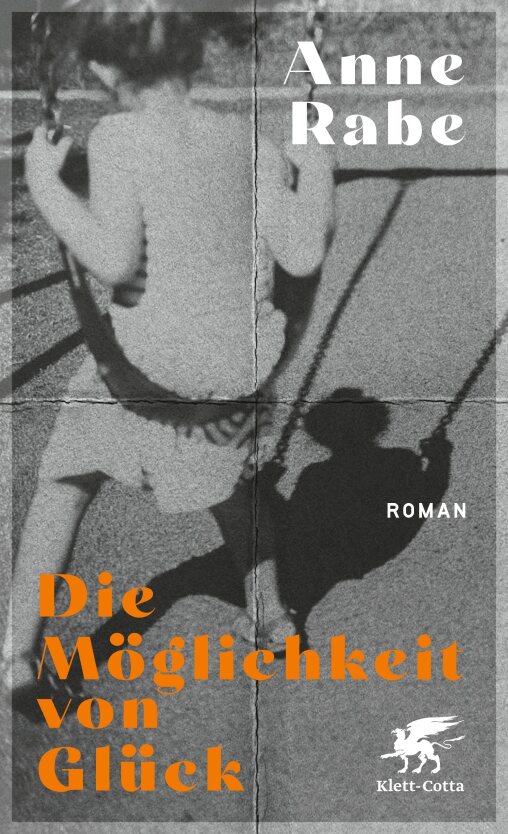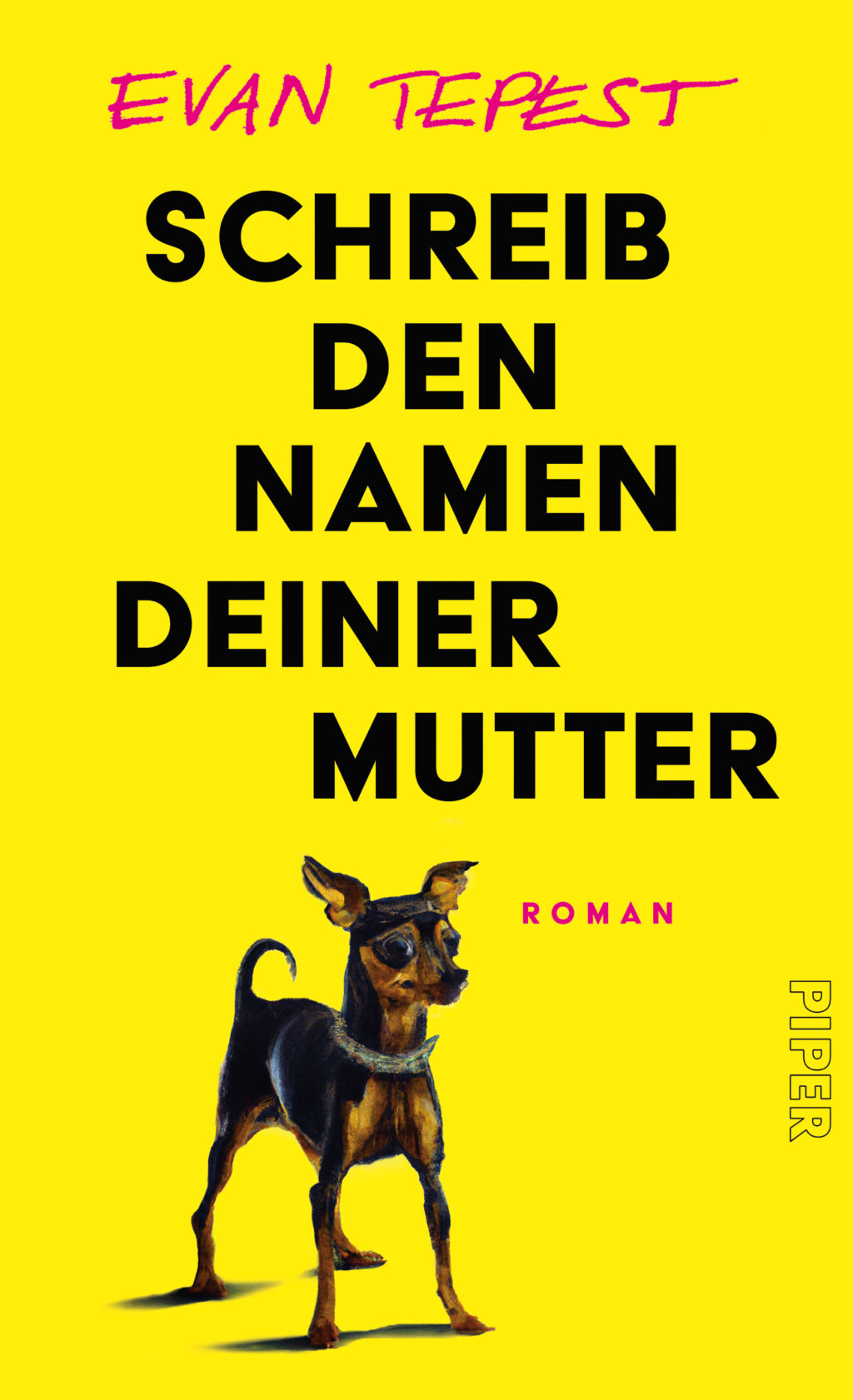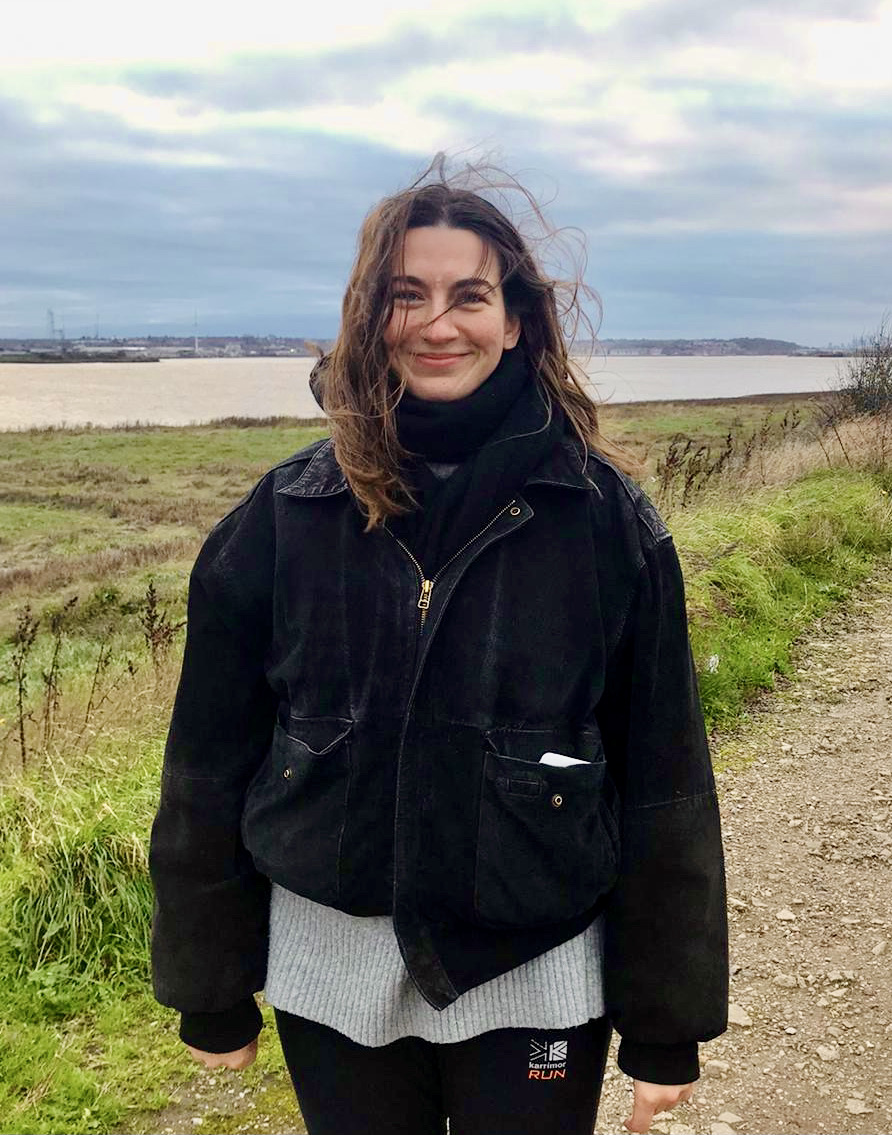TV documentary worker and translator Lizzy reflects on her recent internship with NBG.
What is your professional background?
I primarily work in television, specifically on history documentaries. I’m freelance, so the projects I work on are very varied; German history and WW2 comes up a lot as you can imagine. After an undergraduate degree in History, I learned German while living in Berlin for a few years and studying for a MA in Global History. When I came back to London, I kept on reading in German and after a few years I took the Diploma in Translation from the Chartered Institute of Linguists. Now I combine TV work with some translation, and a bit of radio.
How did you first hear about New Books in German?
I can’t remember when I first heard about NBG, but I know that I was so pleased to find such an amazing resource. It was brilliantly helpful to have such a clearly signposted guide to contemporary German publishing and I started reading a few of the selections every round.
What have you enjoyed most about your internship with New Books in German?
I loved both jury meetings — it was exciting to be part of discussions around all the books and to see what informed the jury’s judgements. Sarah’s generosity and openness about NBG was also very encouraging — I appreciated the effort she made to make the internship enjoyable and worthwhile, as well as her transparency around the work NBG does.
What have you learned during the internship?
The range of perspectives at the jury meeting was really interesting. I gained a much greater sense of publishing as a market and the factors that influence publishers’ decisions to acquire a book.
Do you have a favourite from the books the jury selected and why?



I’ve gone for a top three — I was very glad that Anne Raabe’s Die Möglichkeit von Glück was included as I found it such a shocking and original exploration of the familial legacies of the GDR. I’m really looking forward to reading Franziska Gänsler’s Wie Inseln im Licht partly because I’m intrigued by references to Tracy Emin and the British poet Sophie Robinson. I also thought Evan Tepest’s essay collection Power Bottom was brilliant, so I can’t wait to read Schreib den namen deiner Mutter.
Which book would you most like to translate?
I’d love to translate Guten Morgen, du schöne by Maxie Wander. It was published in East Germany in 1977 and is a collection of very intimate interviews with women about their lives. It’s an amazing historical document in terms of reflecting the ‘human’ complexity of the GDR but also an emotionally involving and compelling read. I also think it’s surprising that more work by Clemens Setz hasn’t been translated into English — his work is so distinctive and playful.
Thanks Lizzy for all your work and enthusiasm. We wish you all the best!
Read interview with other former interns here.









